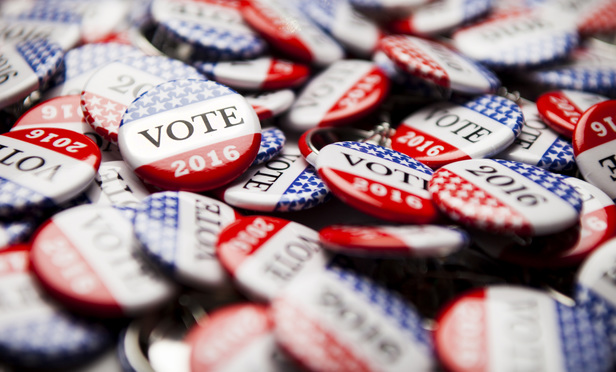When most corporate counsel hear “workplace politics” mentioned, they probably do not immediately think of the type of politics that results in people being elected to public office. But the U.S. Supreme Court’s decision in Citizens United expanded the rights of corporations to engage in political activity, particularly concerning their First Amendment right to express their views to the public. With the coming of the 2016 presidential election, and the increased use of mobile technology for personal political activities, corporate counsel should become acquainted with the fast-changing and conflicting laws that regulate electoral politics in the workplace.
Managing the company’s involvement in electoral politics used to be a relatively simple matter of ensuring that the PAC was well run, that personal political activities stayed outside the workplace and that if an executive wanted to engage in personal fundraising, she or he was clear on how the event was to be organized and paid for. No more.






